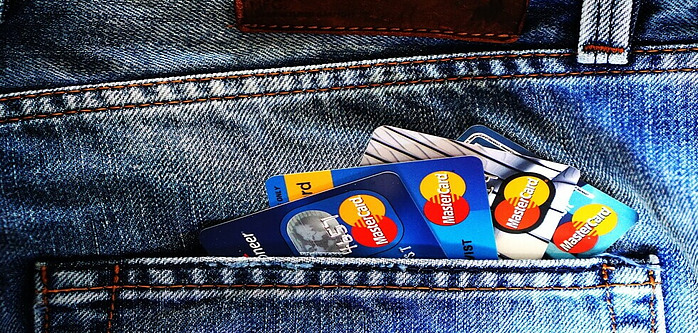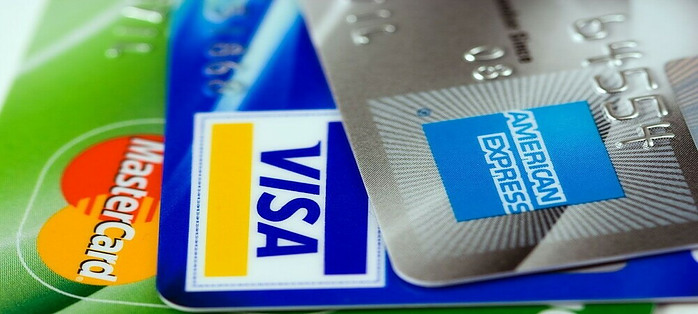Credit cards have become a common fixture in personal finance, almost as much as a set of keys or a phone. And there’s good reason for that. These little pieces of plastic (or sometimes metal) offer not just a convenient way to pay but can actually enhance your financial health if used wisely.
The key to unlocking the potential of a credit card lies in understanding its relationship with your credit score. This score is like a financial report card that lenders use to evaluate how responsible you are with money. A good credit score can mean better interest rates on loans, which translates to less money paid over time.
But it’s not just about borrowing. Using credit cards can come with a host of benefits. I’m talking about rewards like airline miles, cash back, and points redeemable for all kinds of goods and services. These perks are not just the icing on the cake; handled right, they’re a strategic move in managing your personal finances.
As we ease into the next section, I’ll uncover strategies to maximize these rewards and perks to ensure that every swipe or chip insert works in your favor. From leveraging sign-up bonuses to turning everyday spending into travel opportunities, the potential is immense. Brace yourself to make the most of your plastic companions.
Maximizing Credit Card Rewards and Perks
Credit cards come with a variety of rewards programs that, if used wisely, can significantly add to your financial benefits. The key is knowing which card offers what rewards and how you can best utilize them.
Understanding the different types of rewards programs is crucial. Some cards offer miles for airlines, others give cash back on purchases, and some provide points that can be exchanged for goods or services. It’s important to choose a card that aligns with your spending habits and personal preferences.
To get the most out of your rewards, you need a strategy. Pay attention to bonus categories where you can earn more points, and plan your purchases accordingly. Furthermore, stay informed about any changes in your credit card’s rewards program.
Sign-up bonuses can be a quick way to earn extra rewards. These often require a certain spend in the initial months of having the card, so timing larger purchases to coincide with this period can be beneficial.
For those who travel, using a credit card can open the door to substantial travel benefits. These might include complimentary insurance, access to airport lounges, free baggage checks, and more. On the other hand, cash back credit cards can provide a straightforward return on your everyday spending. It’s essential to read the fine print and understand the terms and conditions linked to these benefits.
Smart Financial Habits with Credit Cards
Having a credit card is like holding a double-edged sword. It can bolster your financial profile or lead to a debt spiral if not handled properly. To ensure the former, instilling robust financial habits is crucial.
One of the first rules I learned is the significance of a budget. Aligning your credit card spending with a well-thought-out budget is essential. It gives you a clear view of your finances and helps avert overspending. With tools like budgeting apps, you can monitor your expenses in real-time, ensuring they match your financial plan.
I cannot stress enough the value of paying your balance in full each month. This habit is the cornerstone of credit card wisdom. It not only prevents you from paying interest but also reassures creditors that you’re a responsible borrower. This practice, over time, strengthens your financial standing.
Interest rates on credit cards can be high, and carrying a balance means paying extra for the things you buy. Understanding your card’s APR and how interest accrues is a game-changer—it compels you to think twice before making a purchase that could incur hefty interest.
Finally, the decisive factor often comes down to when and how to use your credit card. It’s best for purchases you can pay off quickly, not for debts you anticipate carrying long-term. Step back and evaluate: if paying with a credit card today means grappling with debt tomorrow, it might be wise to seek other payment methods.
Up next, I’ll explore how these smart habits play a crucial role in building and maintaining a solid credit score. It’s a number that reflects your financial trustworthiness and can open doors to various benefits—or shut them if neglected.

Building and Maintaining a Good Credit Score
Your credit score is a vital indicator of your financial health. Think of it as a report card for your borrowing and repayment activities. A higher credit score can mean easier approvals for loans or lower interest rates, which translates into savings over time.
Using credit cards wisely is one of the most effective strategies to build a positive credit score. Each on-time payment is a mark in your favor, signaling to potential lenders that you’re a responsible borrower.
There are several key factors that contribute to a good credit score:
– Payment history: This holds the most weight. Consistently paying your bills on time is essential.
– Credit utilization ratio: The portion of your total credit limit that you’re using at any given time. Keeping this ratio below 30% can positively affect your score.
– Length of credit history: The longer you’ve had credit, the better it is for your score. Keeping old accounts open, even if you don’t use them often, can help.
Improving your credit score also involves being strategic about applying for new credit. Every time you apply for a credit card, a ‘hard inquiry’ is performed, which can temporarily lower your score. Apply selectively and sparingly to minimize this impact.
A good credit score is an asset that can pay dividends in the form of financial opportunities. Start cultivating these habits today, and you’ll pave the way for a brighter financial future.
Navigating Credit Card Pitfalls
Credit cards come with their share of risks, and it’s essential to be aware of the common mistakes that can lead to financial trouble. One major pitfall is succumbing to the temptation to overspend because the funds are readily available. To prevent this, set a strict budget and stick to it, regardless of your credit limit.
Another real concern is credit card fraud. Check your statements regularly for any unauthorized transactions and report them immediately. Most credit card companies have robust fraud protection policies in place, but you also play a critical role in safeguarding your information.
Debt management is another crucial aspect of credit card use. High-interest rates can turn manageable balances into overwhelming debt quite fast. If you find yourself in this situation, consider seeking advice from a financial advisor or exploring debt consolidation options as soon as possible.
Lastly, remember that being a credit card holder means you have certain rights but also responsibilities. It’s important to know the terms of your credit agreement and understand the protections available to you under the law, such as the ability to dispute billing errors and fraudulent charges.
In conclusion, while credit cards can be a powerful financial tool, they require a level of commitment to responsible usage. By staying informed and proactive, you can enjoy the benefits they offer, such as rewards and credit score improvement, while steering clear of the pitfalls that can hinder your financial wellbeing.

This post aims to be informative and engaging. If you found the content helpful, I’d love to hear your thoughts in the comments below.
Do you have any questions related to the topic or feel something needs further explanation? Feel free to ask! I’m always happy to provide additional information or resources that might be helpful. Thank you.

